Multipotentialite: a person who has many different interests and creative pursuits in life.
Sitting in the cosy office of a life coach, overlooking the pretty canals of Amsterdam, I heard for the first time the words that changed how I think about my career forever: ” But why not do more than one thing? Why do you want to limit yourself? You can work in different jobs at the same time”. Can someone sing Hallelujah? Because it was a hallelujah kind of moment! Looking at it now, it seems like common sense. Sure, why not? It’s not like it’s against the law or anything. I almost feel ashamed I didn’t come to that conclusion by myself, and I needed to hear it from someone else. These words were said at a point in my life when I felt that my photography and blogging were becoming a second job, and I struggled to combine my identities. Being a data analyst and a blogger and a photographer seemed weird to me and even weirder to explain to someone at a party. And here I was, face to face with someone who was finally giving me permission to embrace all of my personas and make them legit.

I have always been interested in more than one thing and, as a child, I had a hard time answering the “What do you want to be when you grow up?” question. I wanted to be and to try many things, as all kids do, but even then I knew it might not be possible. I wanted to be a painter, a gymnast, an actress, a journalist (this was the main one), war photographer and an environmental activist. All of them at the same time. I learned to answer the question with what adults expected from me: a teacher, a doctor, a pharmacist.
Funny enough, I worked as a teacher for a year. Then I was an adviser in an NGO. At some point in my life, I enjoyed writing SPSS syntaxes to check the quality of data collected from online surveys. Another time I enjoyed learning to script questionnaires (just joking, I didn’t enjoy that, but I learned it nevertheless, because I needed it for my job and it was interesting). At the same time, I was an Avon lady, selling beauty products to my coworkers, because I always wanted to work in a shop, selling things, and it was fun to have two different jobs! I am passionate about plants and their medicinal uses, and I learned about it over the years. I know how to make infused oils, ointments, natural cosmetics. I was a cat-sitter and I would like to train as a cat behaviourist at some point. I paint. I write fiction and poetry; I also write on this blog (and on Danarozmarin), and I am a photographer. I like interviewing people and I think I’m quite good at it. I write theatre reviews. At the moment, I’m studying digital marketing and life coaching and want to experiment with video making and digital art. Here, I said it! It feels great to lay it (almost) all down in one place, not trying to hold anything back or justify it.
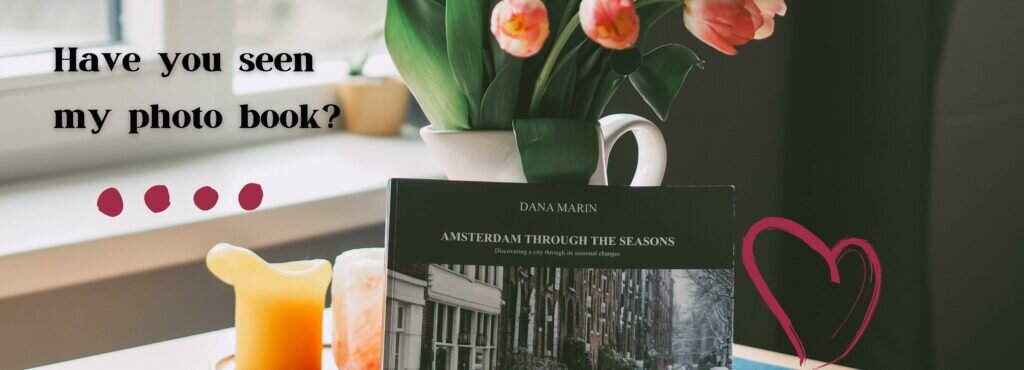
I am what you call a multipotentialite.
The term comes from the word multipotentiality, a psychological term, and was popularised by Emilie Wapnick in her famous TED talk and on her website Puttylike (which I recommend to those of you who identify as multipotentialites). Other terms used to describe this type of person: polymath, Renaissance people, multi-passionate, scanner, multipod. I should note that there’s a nuance to all these terms. For example multipotentialite is more often used to refer to people with multiple interests, learning various skills, with the potential of becoming polymaths, while polymath is used for persons who have gained expertise in multiple fields. This is not to say that multipotentialites can’t be highly skilled in at least one of their fields. But let’s not get stuck in the terminology.
Throughout history (especially during the Renaissance period, hence the name above), it was common and even well regarded to be a person knowledgeable in more than one field. A famous polymath was Leonardo da Vinci, who had various interests and became an expert in many fields, combining art and science. But there are many others. In the industrial era the jobs became more specialised, and specialisation is praised today.
Finding your own true calling is praised. Think about how many people suffer nowadays because they are unable to find that true calling that everyone is talking abou? The job to end all jobs? The unicorn job that will make them happy forever?
Changing jobs and interests, on the other hand, is regarded as immature, lacking commitment, being unreliable. People have a hard time accepting change. We’ve been listening to the same discourse for so many years that it’s hard not to believe it. I’ve heard the words: “You have to choose one thing and focus on it” so many times. And I believed them, only it didn’t feel possible.

Not all multipotentialites will be geniuses, like da Vinci. But they will be avid learners, problem solvers, and, occasionally, maybe one of them will bring some genius innovation. Because that’s one of the biggest advantages of having multiple interests: you can combine knowledge from different domains in unique ways. Multipotentialites can function differently: some will pick a subject, dive deep into it for a while while ignoring everything else, then move on to the next; others (like me) will have multiple interests at the same time for a long time, shuffling them around, dropping some or adding a new one here and there.
Nowadays, thanks to people who talked about it and did things differently, a multifaceted career is not so uncommon anymore. Also, with the way society is transforming, we have to accept that we need people with multiple specialisations. We need to accept that we have to learn multiple things in order to be successful. If you are a freelancer, or a blogger, for example, you need to learn marketing, website building, social media management, PR and more, depending on your niche and your level of success. The lifetime careers are gone. People change jobs often, willingly or not. Unless you’re a neurosurgeon with a big passion for your job, you will change careers at some time. But even then, you probably have another thing that you are passionate about in your life. I know many doctors who have extra passions and talents.
For a long time, I thought that being multi-passionate was a disadvantage; I suffered because of it and thought I will never do well in life as long as I’m unable to MAKE THE CHOICE. Many people think that. But there are advantages that multipotentialites have:
- They learn fast and with joy; they are self-driven and disciplined (when it comes to things they are interested in)
- They are enthusiasts and adaptable
- Thinking outside the box and identifying new angles of looking at a subject
- Seeing the big picture is easier for them
- They have connections in different fields and they often create bridges between those fields, bringing specialists from different areas together.
Some of the disadvantages that come from being a multipotentialite are:
- Difficulties in making career related decisions
- sometimes being paralysed by having to make the choice and remaining stuck for months and years
- often having the imposter syndrome
- susceptible to burnout
- difficulties maintaining focus (especially in a non-rewarding job).
I relate very much to these words of Emilie Wapnick:
“One of the most stifling challenges for multipotentialites is the self-doubt we sometimes experience living in a world that doesn’t recognise our strengths (or even our existence). We can be our own worst enemies. We put our ideas down. We second-guess ourselves. We let the fear of being judged keep us stuck in careers that no longer serve us and identities that no longer fit.“
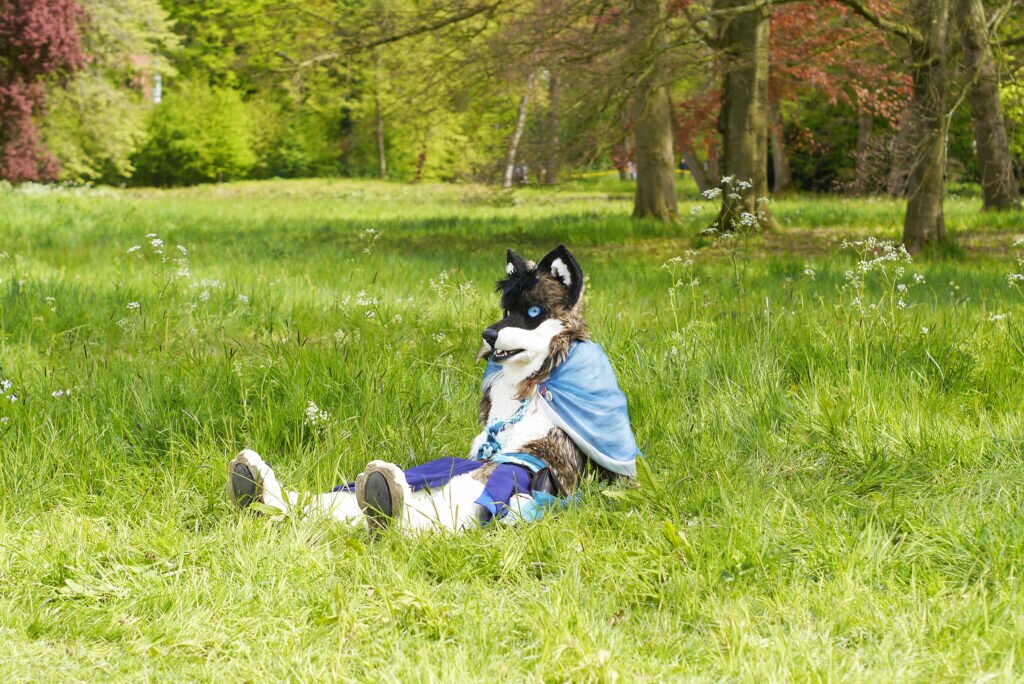
It all comes down to learning how to put our strengths to a good use. What would also be good: changing the way we (as a society) look at things and embrace variety, because people are so very different, and that variety can be useful if we know how to use it. If we would encourage people to work how is best for them, instead of forcing them into categories and pre-established “people templates”, it will be beneficial for everyone. But society is not there yet and I’m still learning how to make use of my multipotentialite qualities and design a life that can bring me professional satisfaction while also sustaining me financially.
I know that I won’t become super specialised in any of the fields I’m interested in. And that’s fine for me. I prefer to know a bit from many things than everything about just one. Satisfying my curiosity is more important than being perfect. But I do try to become as good as possible in my favourite fields and I do my best in any job I try. I also know I won’t transform all my interests in a career, or monetise them. Nor do I want to. I just want the chance to pursue as many as I can and to have some bringing money (the bills still need to be paid, they don’t care if you’re a multipod or not). The way I function is this: I choose two or three main interests I focus on, and the rest are secondary. I will postpone some. Some will be abandoned when I’ll get bored. And that’s fine, too. I still have to discover how to live more on my own terms and redefine what I’ve been taught, but we’re getting there. It’s not easy to find a way to make this type of career a sustainable one, but it sure promises to be interesting!
You might have read this and nodded, recognising yourself in my story. Or you might have read it and snorted, rolling your eyes. In any case, maybe you want to learn more about the subject, so here are a few recommendations:
TED Talks: Nicholas Grundy, Randy LaFoy and Anthony Rahayel.
Books:
How to Be Everything: A Guide for Those Who (Still) Don’t Know What They Want to Be When They Grow Up, by Emilie Wapnick.
The Renaissance Soul: Life Design for People with Too Many Passions to Pick Just One by Margaret Lobenstine.
Refuse to Choose!: Use All of Your Interests, Passions, and Hobbies to Create the Life and Career of Your Dreams by Barbara Sher.
I’m sure some of you relate to my story, and I’m curious to hear yours. Will you tell me about it?
Stay tuned for more and follow Amsterdamian on Instagram and Facebook for more stories about life in the Netherlands. Please share this post if you liked it!
Check out my photo book: Amsterdam Through the Seasons!
Love what you’re reading? Support my work with a small donation.

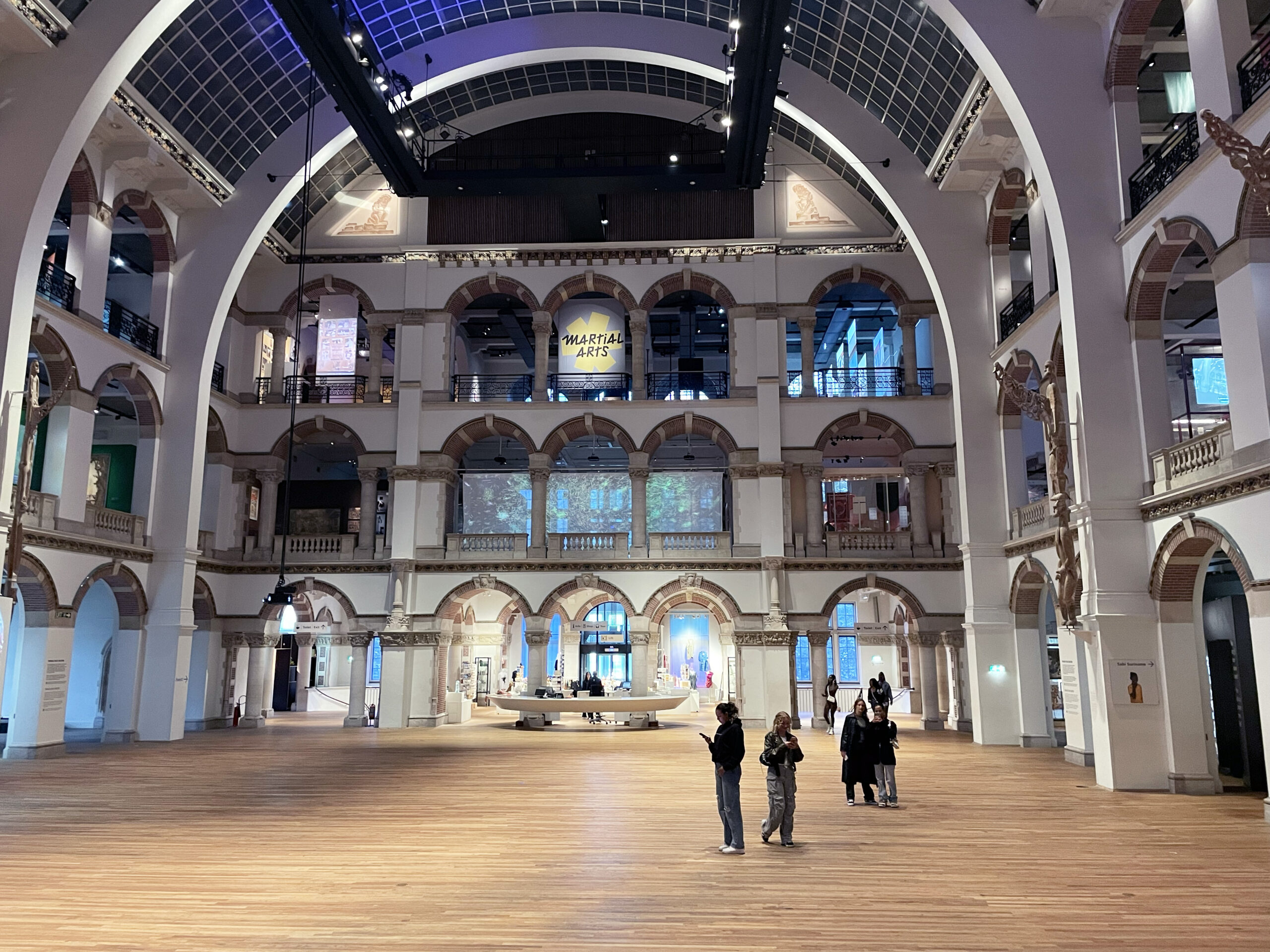


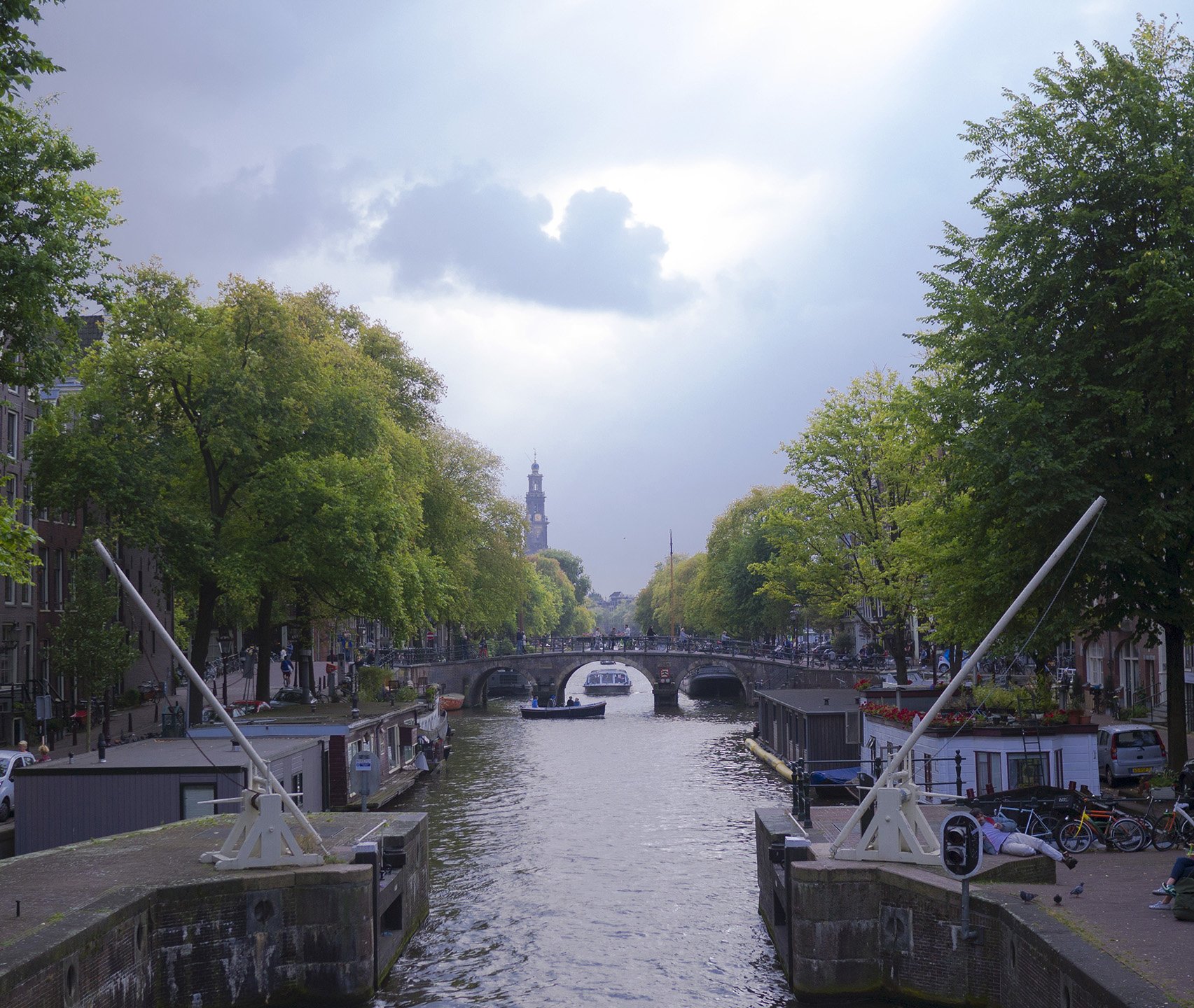



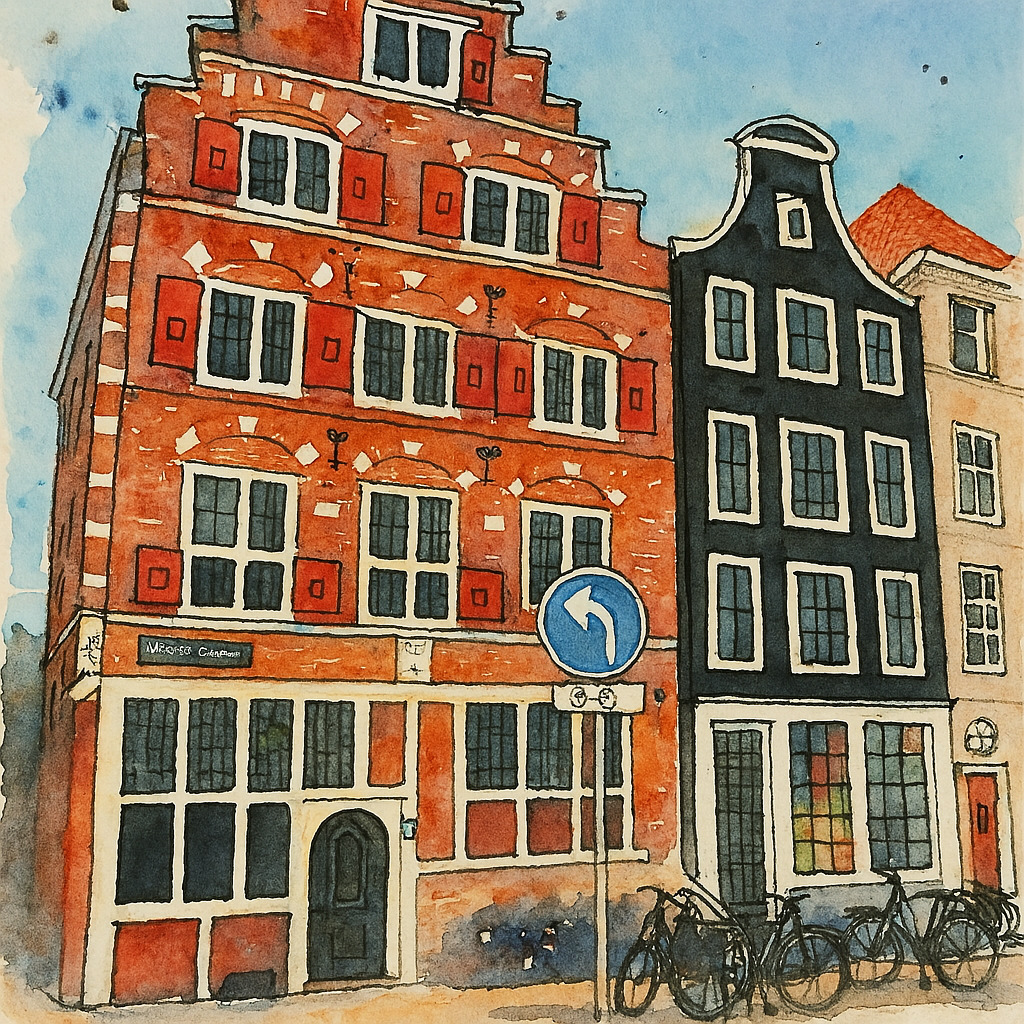
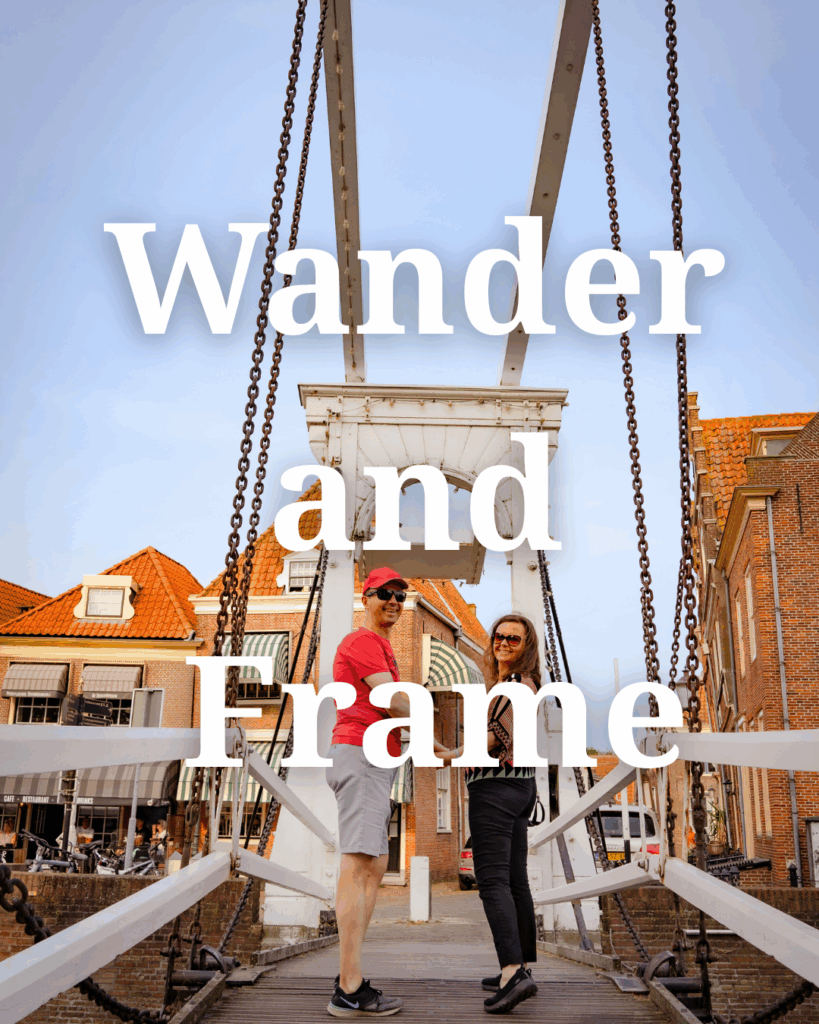
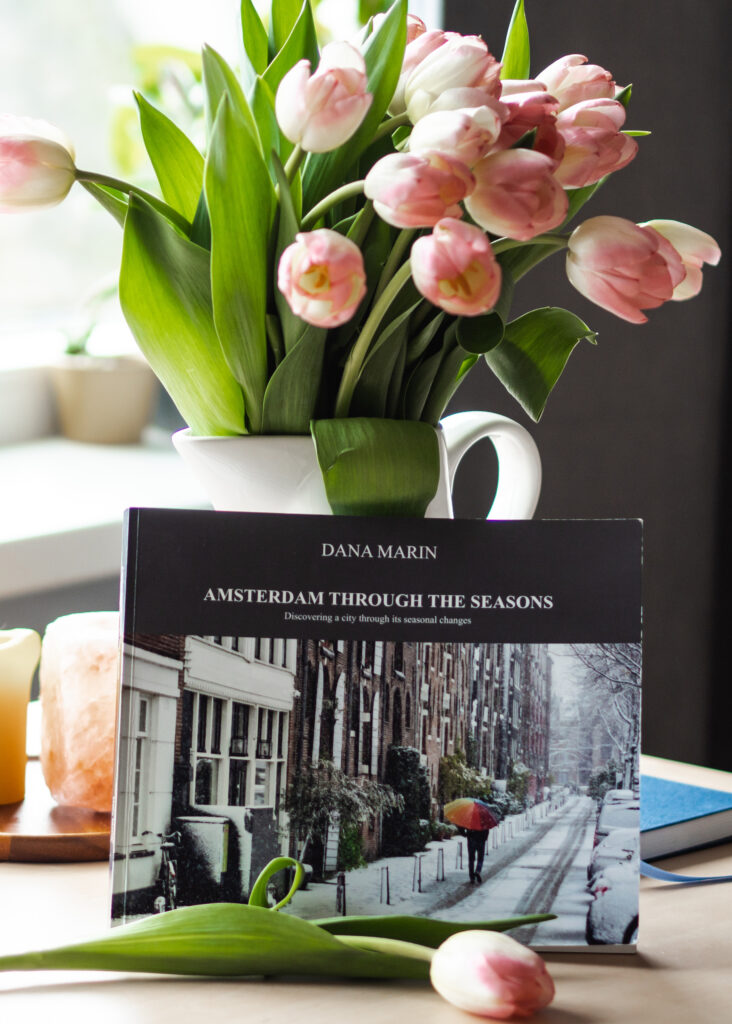
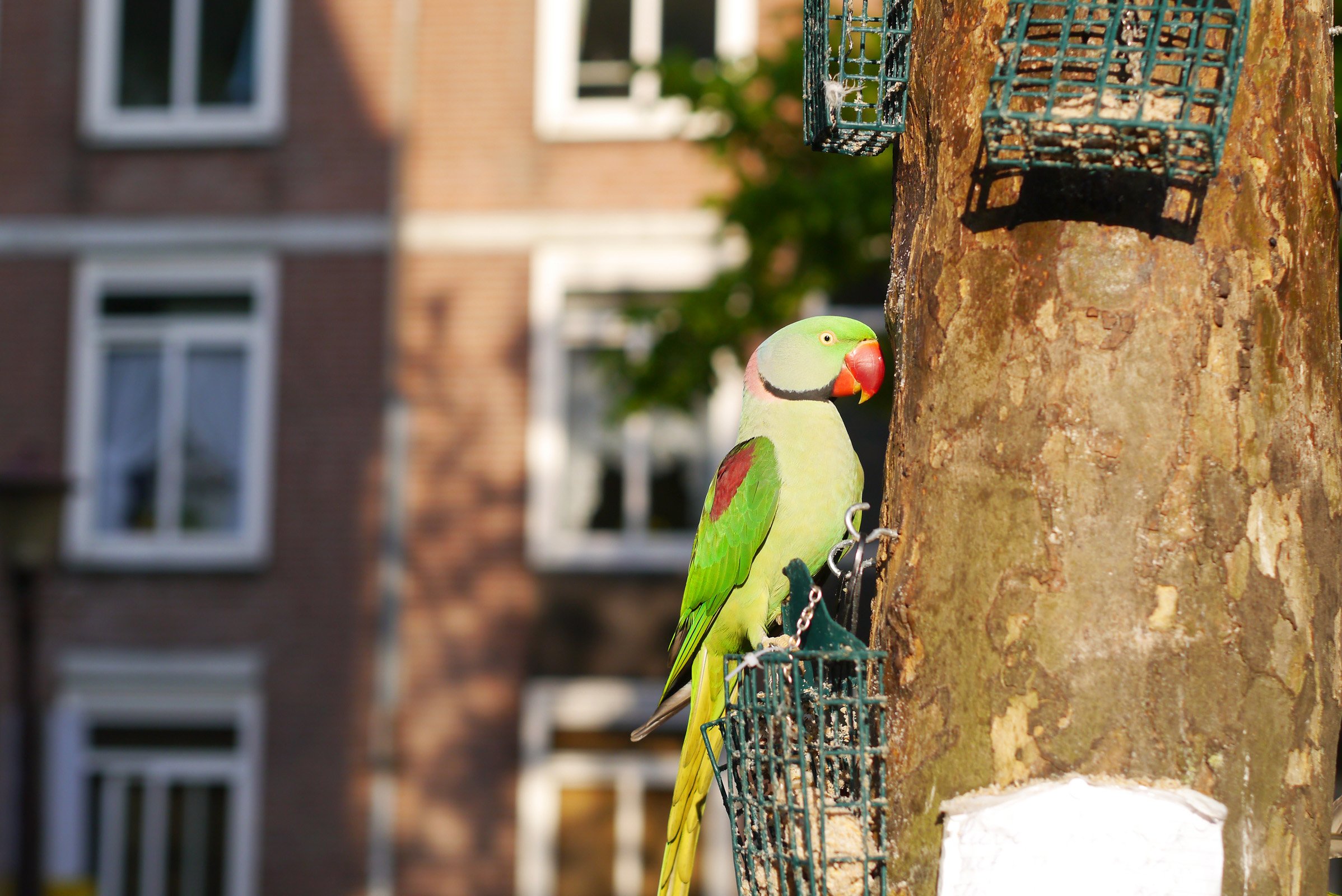
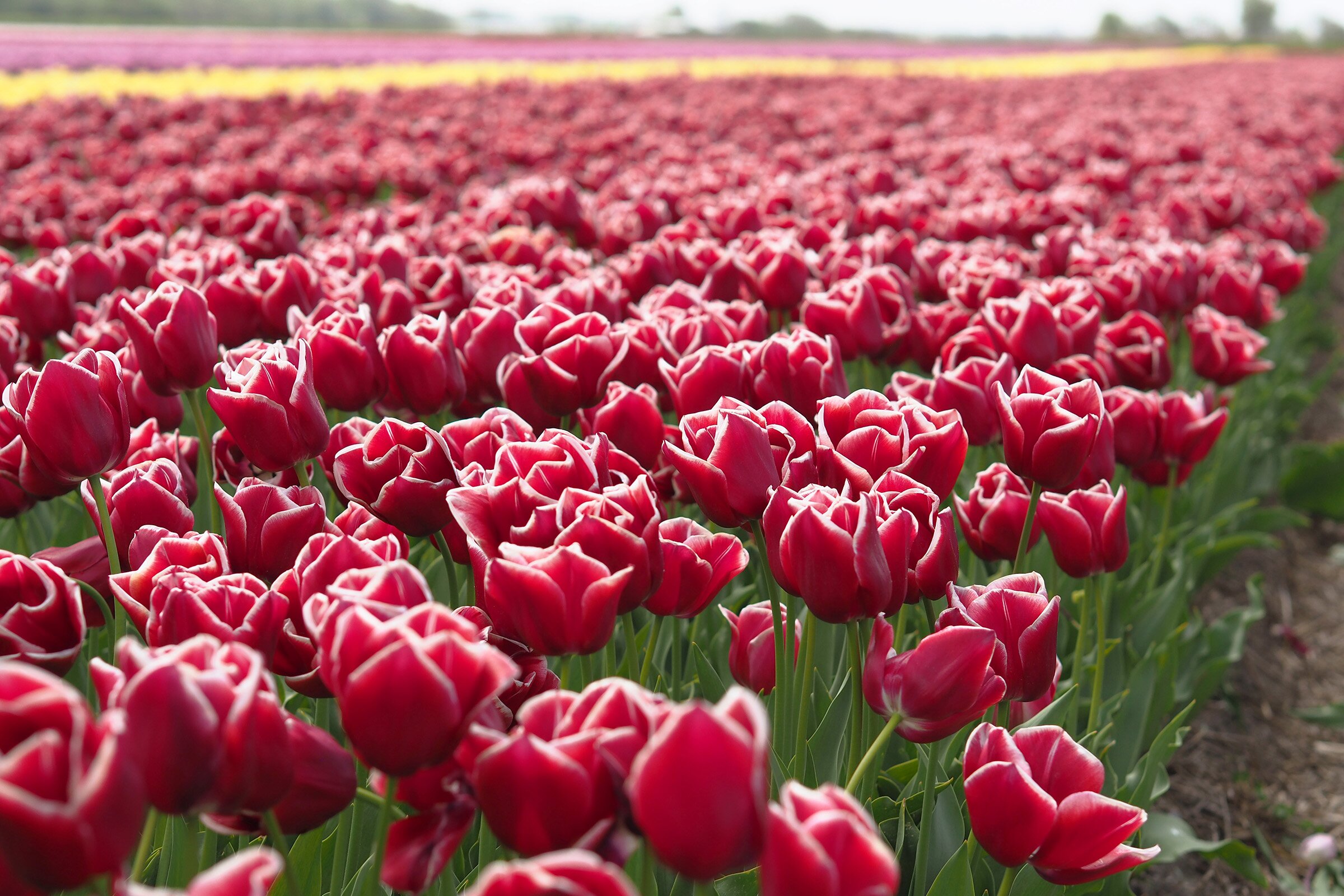
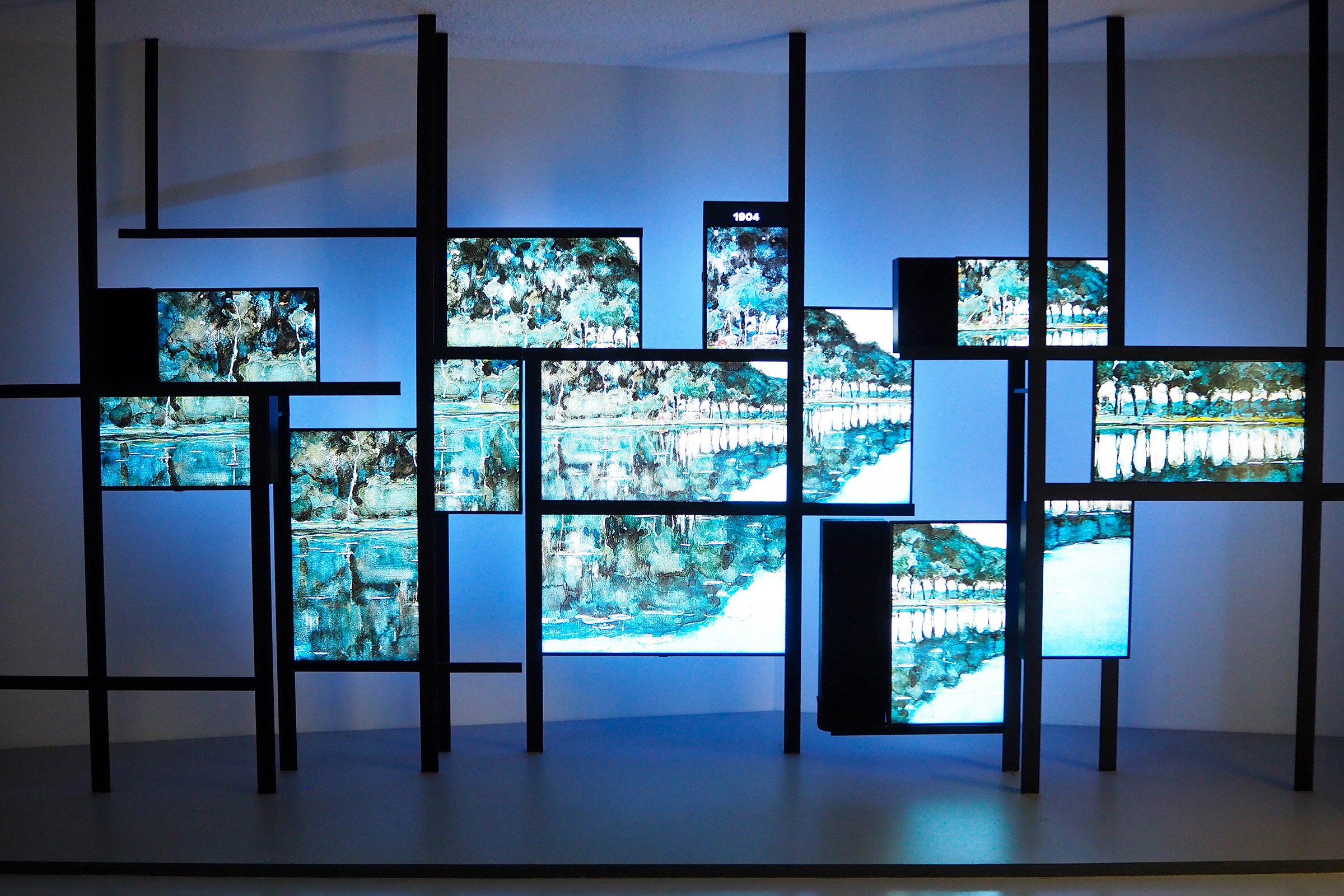
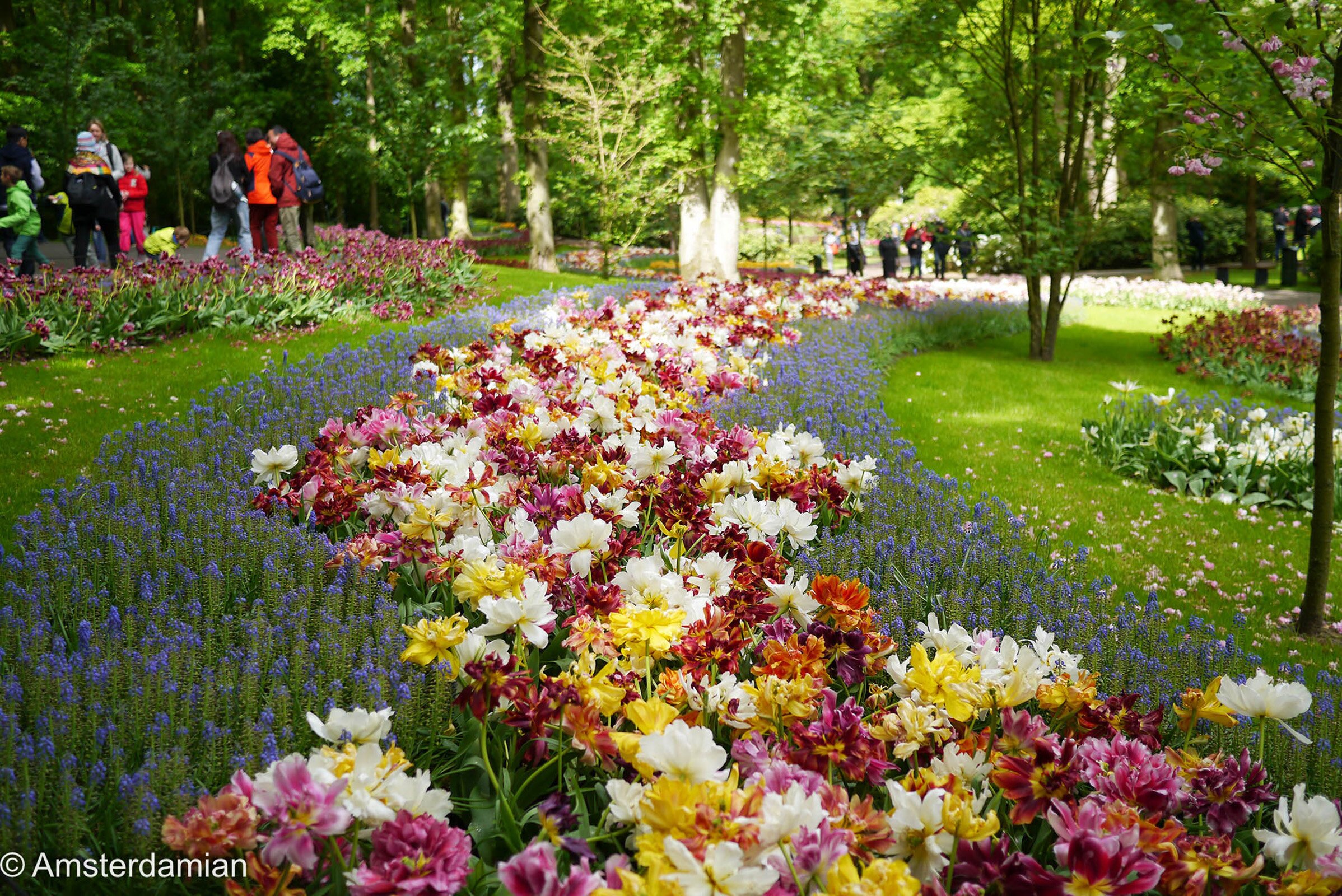


Brilliant Piece Dana that I totally subscribe to. I used to worry about it and now I embrace it.
Thanks David! Glad to hear you are embracing your multipotentiality now 🙂
I am one! Thanks for this and I live in The Netherlands from the Philippines! I wish to meet you in person. Therefore, i am subscribing☺️
Came here right after learning the definition of multipotentialite. I enjoyed reading all of this. I might check out the books you mentioned as well! Maybe I too, can embrace being a multipotentialite.
Hi Eloise, if it’s resonating with you, dare to embrace it! For me it was the best decision ever 🙂
Thanks for writing this! Sounds like me all over, lately been really struggling with the whole purpose thing and not getting anywhere, trying different programs and stuff. That list of disadvantages is painfully recognizable. Will definitely have a look into the other resources as well.
Glad to hear it resonated. Good luck figuring it out!